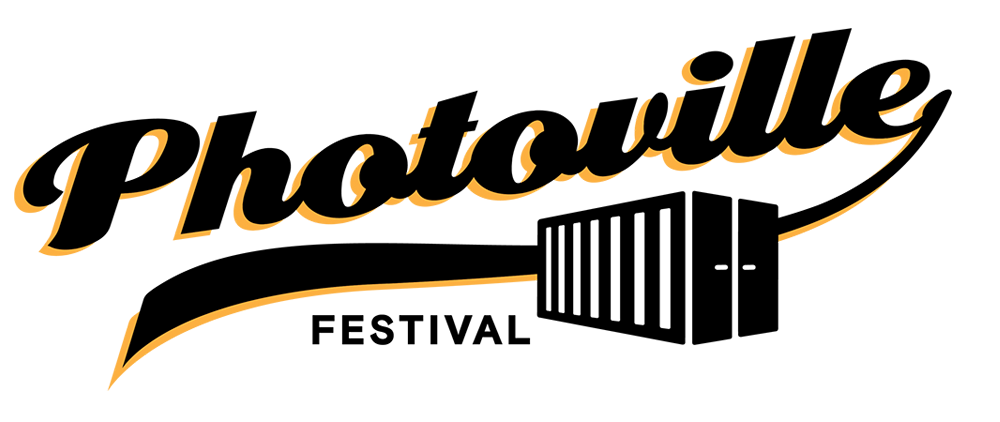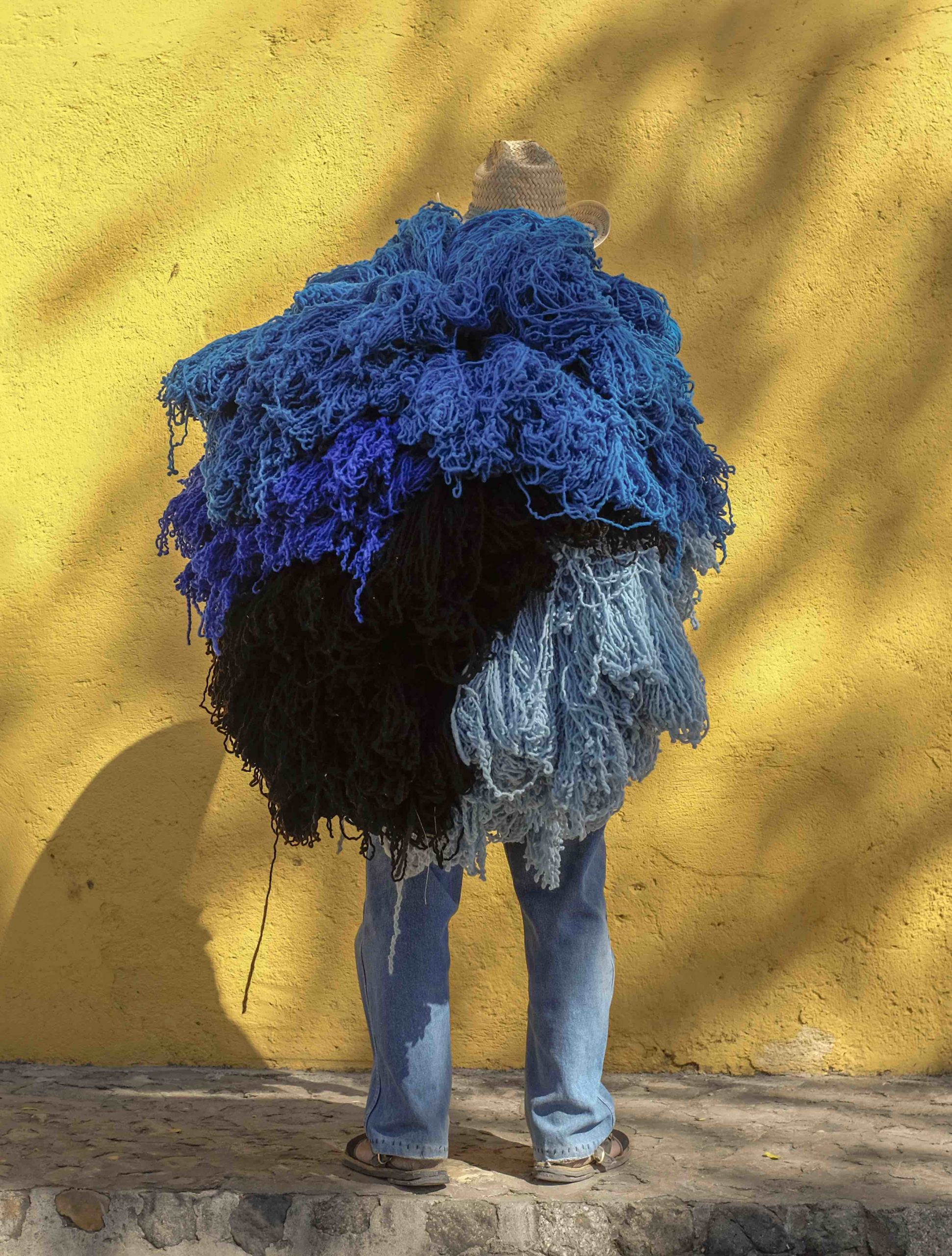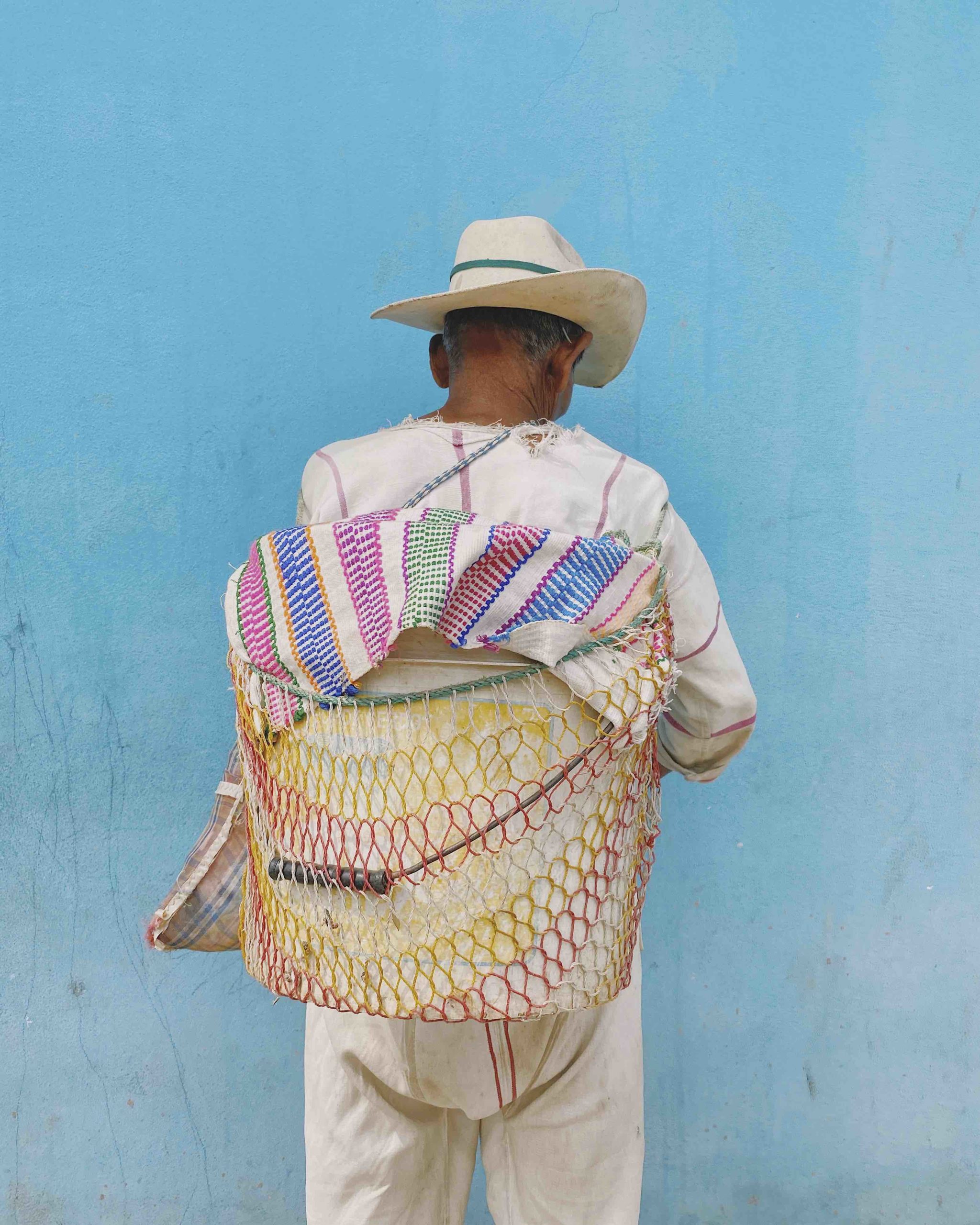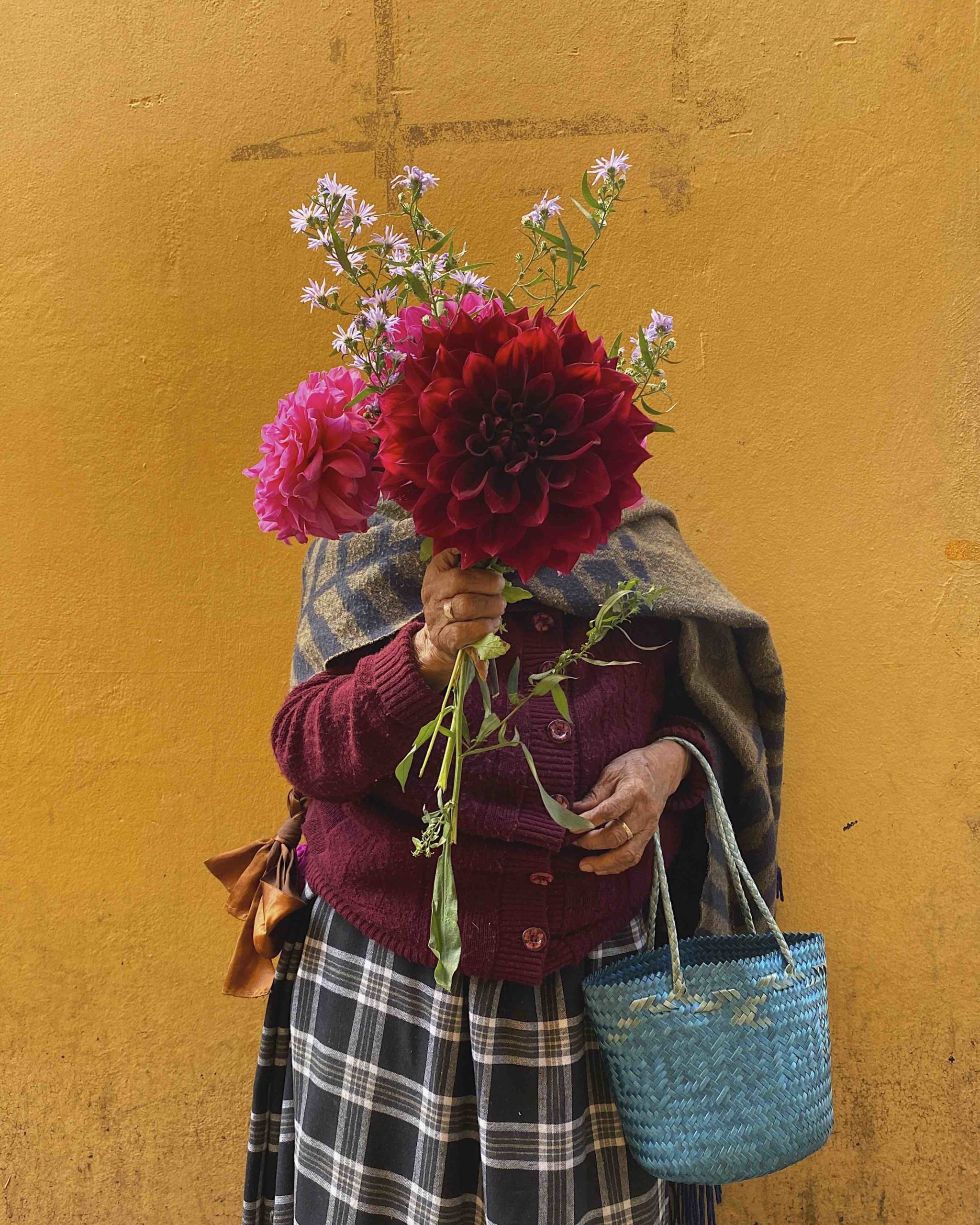
Luvia Lazo
In Zapotec communities, it is difficult for a woman to use her voice to tell her story, or to share her thoughts. My grandfather, Domingo, encouraged my voice. After he passed last year, I started to pay attention to elders in my community. I study their hands, expressions, movements — the way they talk, how they hold a cup, or how they wear the hats on their heads. I began photographing grandparents in my village as a way to find memories of my own grandfather in these elders, while at the same time preserving and documenting our culture while it’s transforming.
There is a word in Zapotec used to name someone or something disappearing — when a close friend is not close anymore, when someone stops visiting as often as they do, when things transform and change, or when someone is going blind. This word, kanitlow, means “faces are getting lost,” or “disappearing.”
I want to document the memories of our culture and images of our grandparents. When they are gone their grandchildren can look for them, as I look for my grandfather in old pictures now. This work will be a place where my community can find their grandparents in photographs — where they can not only read time, context, and body language, but also see our culture reflected in the images.
En las comunidades zapotecas es verdaderamente duro como mujer tener y usar tu voz, contar tus historias o compartir tus pensamientos, Domingo, mi abuelo, siempre me animaba a hacerlo. Hace ya un año, lo perdí, después de esta perdida comencé a prestar mucha atención a los adultos mayores, me gusta mirar sus manos, sus expresiones, los movimientos, la manera en que caminan y como sostienen las tazas de chocolate al beber, incluso la forma en como se acomodan el sombrero en la cabeza. Comencé a fotografiar a abuelos y abuelas en mi pueblo, como una forma de encontrar reminiscencias de de mi abuelo en esas personas pero al mismo tiempo es una manera de preservar y documentar mi cultural mientras se transforma.
Existe una palabra en zapoteco que usamos para nombrar algo o alguien que empieza a desaparecer, cuando un amigo cercano deja de ser tan cercano, cuando alguien deja de visitarnos de manera frecuente, cuando las cosas se transforman o cuando alguien empieza a perder la visión, kanitlow, que podría traducirse literalmente como los rostros se pierden.
Quiero seguir guardado recuerdos de mi cultura, y también imágenes de otros abuelos y abuelas, así cuando ellos no estén mas fisicamente y sus nietos los busquen como yo busco ahora a mi abuelo en viejas fotografía, ellos y ellas puedan encontrarlos en fotografías, que puedan leer el tiempo, el contexto y sus cuerpos, pero también la forma en que nuestra cultura existió.
Artist Bios
-
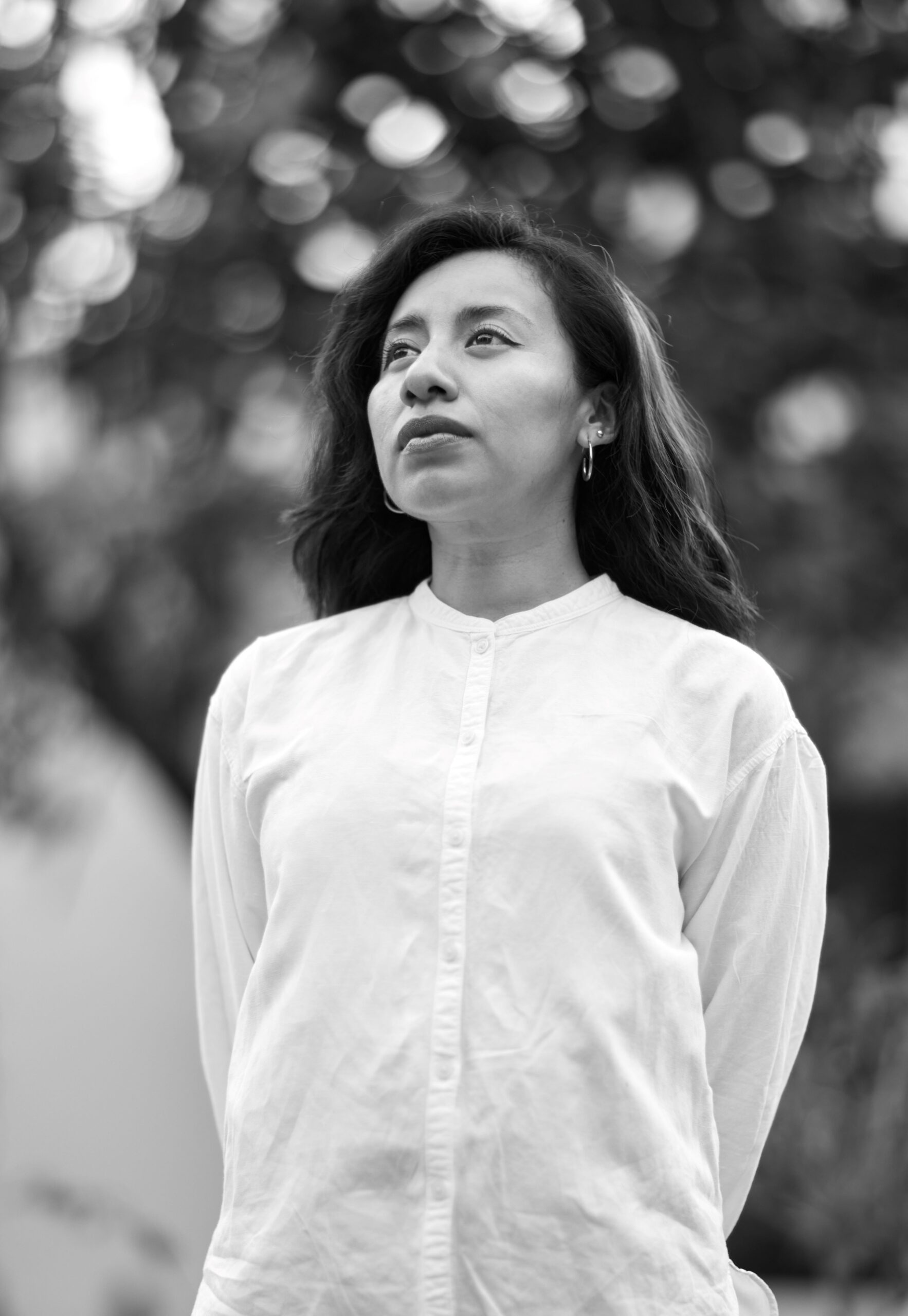
Luvia Lazo (Teotitlan del Valle, Oaxaca, Mexico, 1990) is a Zapotec indigenous photographer. Her work documents the transformation of identity, generational gaps, grief, and the way in which human beings inhabit the spaces with reminiscent of our beliefs and culture. She was recipient from the Young Creators program by FONCA (National Fund for Culture and the Arts) in Mexico and winner of the inaugural Indigenous photograph 2021 award, awarded in the portfolio review of the Mirar Distinto 2023 festival. Her work has been part of group exhibitions and individuals in Mexico City, Veracruz, New York, Chicago, Barcelona, Mallorca, Oaxaca and Teotitlán del Valle and published in The new Yorker, Vogue USA, Vogue Mexico and LaTam, Hotbook, Pipe Wrench Magazine, AD Magazine Latam, Lazo has been part of the Casa Wabi Residency program in Oaxaca, Mexico. She is an active member of Women Photograph and Indigenous Photograph
Luvia Lazo es una fotografa zapoteca de Teotitlán del Valle, Oaxaca. La fotografía es su forma de retratar los mundos a los que pertenece. Su trabajo busca capturar y compartir la realidad desde la perspectiva de la mujer contemporánea, creando una constelación de imágenes a través del tiempo y espacio en Oaxaca, documentando las brechas generacionales y la transformación de la identidad a través del tiempo. Beneficiaría del programa de Jóvenes Creadores por el FONCA (Fondo Nacional para la Cultura y las Artes) en México y ganadora del premio inaugural Indigenous Photograph 2021 por photoville y Leica.
Organizations
-
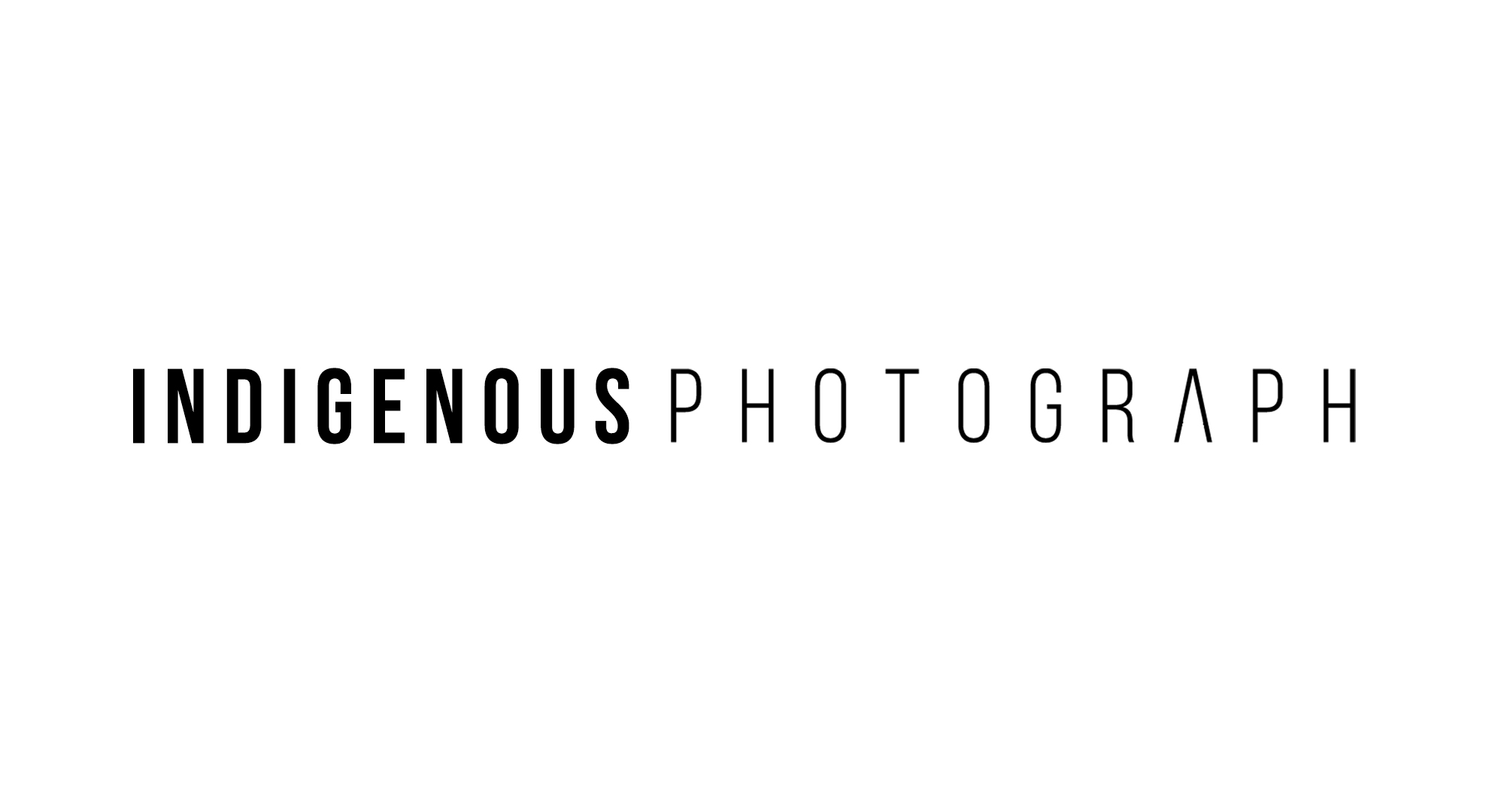
Indigenous Photograph is a space to elevate the work of Indigenous visual journalists and bring balance to the way we tell stories about Indigenous people and spaces. Their mission is to support the media industry in hiring more Indigenous photographers to tell the stories of their communities, and to reflect on how we tell these stories.
Indigenous Photograph’s global database is available to photo editors, creative directors, and those who routinely hire photographers. The electronic database of their members includes detailed information regarding geographical areas of expertise, languages spoken, and contact information.
-
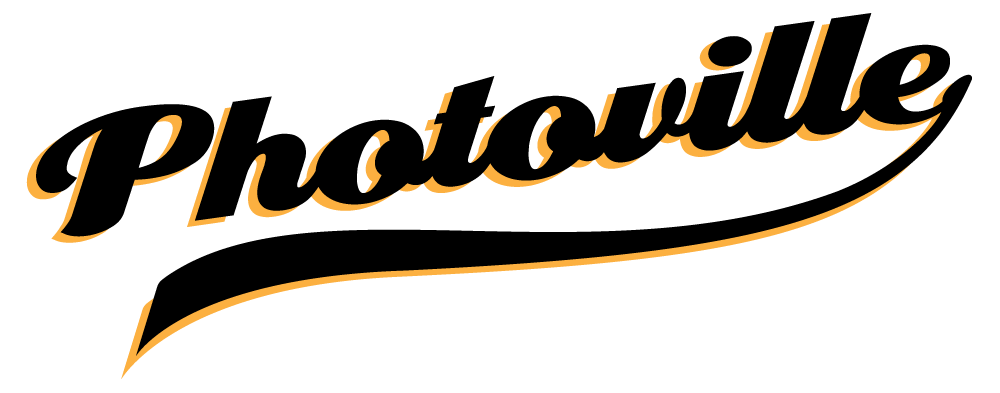
Founded in 2011 in Brooklyn, NY, Photoville was built on the principles of addressing cultural equity and inclusion, which we are always striving for, by ensuring that the artists we exhibit are diverse in gender, class, and race.
In pursuit of its mission, Photoville produces an annual, city-wide open air photography festival in New York City, a wide range of free educational community initiatives, and a nationwide program of public art exhibitions.
By activating public spaces, amplifying visual storytellers, and creating unique and highly innovative exhibition and programming environments, we join the cause of nurturing a new lens of representation.
Through creative partnerships with festivals, city agencies, and other nonprofit organizations, Photoville offers visual storytellers, educators, and students financial support, mentorship, and promotional & production resources, on a range of exhibition opportunities.
For more information about Photoville visit, www.photoville.com
-
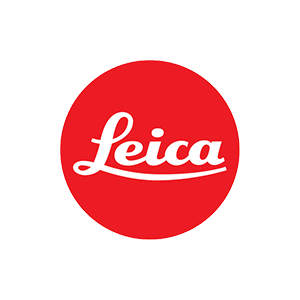
Ignite your passion for photography with Leica Camera at Photoville
Discover the allure of Leica photography at Photoville through curated photowalks complemented by a Leica on Loan program. From action photography to environmental portraiture, you’ll experience Leica photography and guidance by acclaimed Leica photographers.
Leica Camera is founded on a tradition of optical excellence and a conscious focus on the essentials of exquisite image making. For over a century, the brand has motivated visual storytelling through the quintessential union of craftsmanship, design and experience, providing essential tools that influence the art, culture and creation of photography. Photoville attendees can see this firsthand at the Leica Pavilion, which will showcase a one-of-a-kind photographic experience through a variety of interactive Leica activities designed to ignite your passion for photography.
https://leicacamerausa.com/
